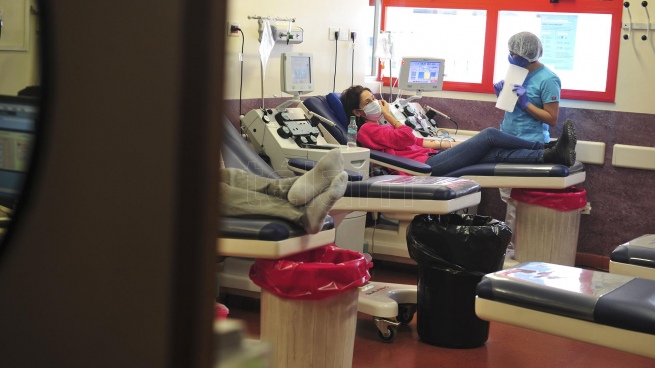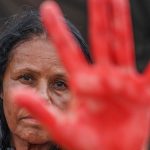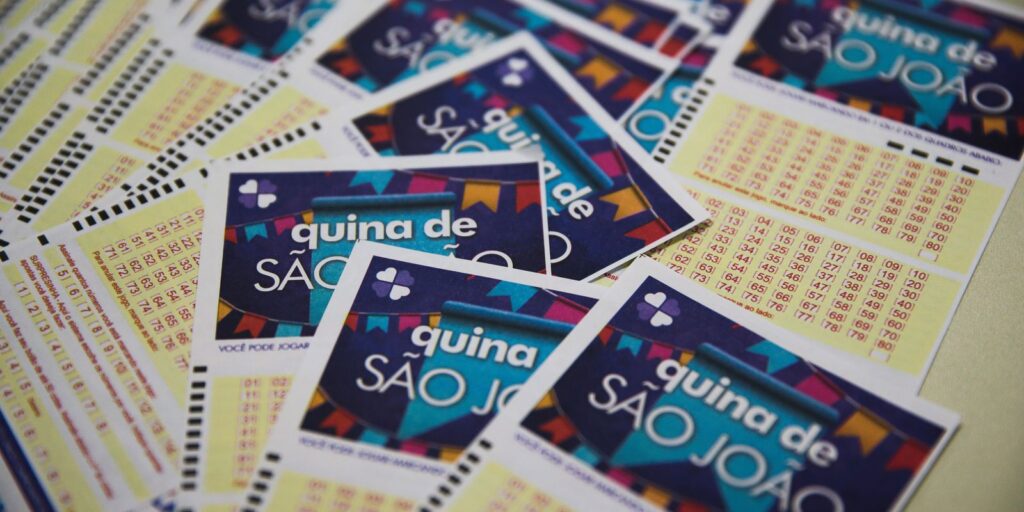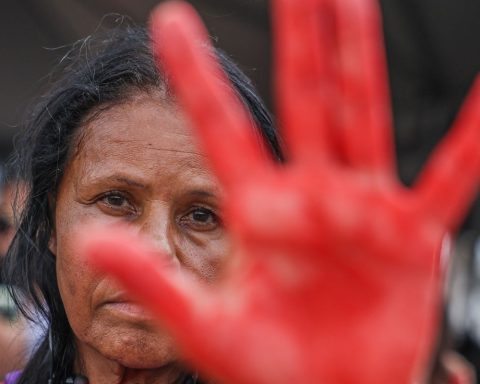Despite the fact that many centers recovered pre-pandemic levels, the average number of blood donors at the country level continues to be 10% below the 2019 values and half corresponds to replacement, that is, those people who approach from the need of a family member or acquaintance, the Ministry of Health reported on Tuesday to commemorate World Blood Donor Day.
“In March 2020 there was a decrease of 80% of donors throughout the country, having achieved a recovery of up to 60% in 2021 on a national average, also highlighting that in some jurisdictions the recovery is much lower. We are at 10% for recovery to 2019 numbers”, they indicated from the Directorate of Transfusion Medicine (DMT) of the national health portfolio.
In addition, it was reported that of the total blood donated in 2019, the country had 45% voluntary donation; In 2020, despite the strong impact on the decrease in donors, the proportion increased to 55% and in 2021 it remained at 50%.
This implies that “There is still 50% replacement or directed donors, which is what we must reverse and ensure that 100% come from voluntary and regular donors”considered the spokesmen.

The total estimated donation requirement for our country is 1,200,000 (according to the WHO) and in 2021 approximately 825,282 effective donations were obtained from a total of 915,508 donors served.
The data comes from a report prepared by the DMT with information sent by the Provincial Blood Programs through a uniform format, which allows evaluating the state of the jurisdictional, national situation and proposing actions and strategies to the health authorities aimed at achieving the highest standards of efficiency and safety.
The Ministry also highlighted that “the important thing is that the demands of requirements are covered; there are some higher requirements of specific groups, such as O +, or the most difficult groups, such as AB – (negative) among others and when this occurs work is done in this direction, just like platelets to avoid deficits and discards”.
In reference to the recovery, they reported that the measures suggested and recommended by the Directorate of Transfusion Medicine allowed “a great gradual recovery of donations in the institutions and centers that adopted them.”
Among these measures, promotion, articulation with civil society organizations and external collections (outside hospitals and other health centers) stand out.

Every June 14, World Blood Donor Day is celebrated. and this year the motto chosen by WHO is “Donating blood is an act of solidarity. Join the effort and save lives.”
This year, Argentina celebrates 20 years of the creation of the National Blood Plan (Resolution No. 70/02), whose objectives included regulation, systematization of information and education.
From its start-up, blood donation is organized by blood banks and/or Regional Hemotherapy Centers within the framework of the Provincial Hemotherapy Programs of the Ministries of Health of each jurisdiction.
Donation is a simple, quick, practically painless and safe act and anyone between the ages of 16 and 65, weighs more than 50 kilos, feels in good health, is not suffering from blood-borne diseases (hepatitis , Chagas disease, etc.); has not performed risky sexual practices in the last year and has not had tattoos, piercings or skin scarification in the last year.
Basic requirements
-If you had COVID, 10 days must have passed since discharge
-Have spent 72 hours. since the application of the vaccine against COVID-19
-Be between 18 and 65 years of age.
-Weigh more than 50 kilos.
-Be in good health.
-No fever or illness in the last 7 days.
-Have rested for at least 6 hours the night before the donation.
-It is convenient to have breakfast before donating.
– Attend with ID.
Impediments to donation
-Temporary: Pregnancy, childbirth, recent operation, having had COVID symptoms in the last 30 days.
-Tattoos and piercings done in the last year.
-Casual or risky sexual relations in the last year.
Definitives
-Having heart, lung, kidney disease, tuberculosis, anemia, hemophilia, active ulcer, cancer, coagulation disorders, etc.
-Having had a history of hepatitis C or B, chagas, stroke, etc.
– Being a drug user.
-Being a carrier of the HIV virus.
recommendations
You can eat breakfast before donating. The minimum convenient period between two blood donations is 2 months.
window period
All blood received in Hemotherapy is analyzed to detect communicable diseases. However, there is a period called the “serological window”, which is the time from when a person becomes infected until the infection can be detected in the laboratory. If a person donates blood during the window period, the disease cannot be detected in the laboratory.


















